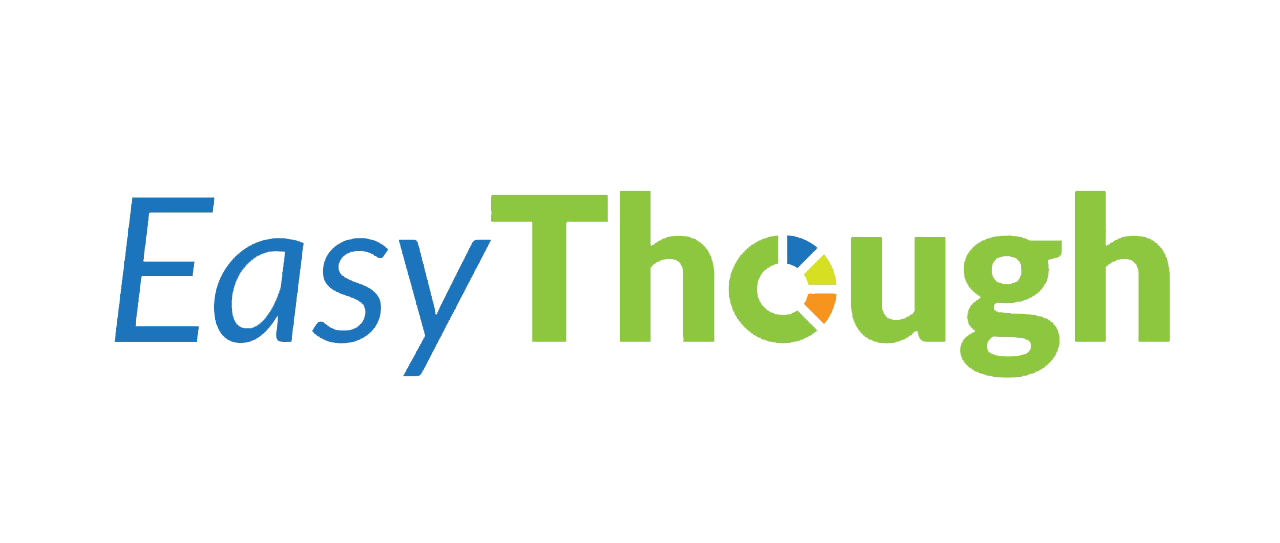In the dynamic landscape of digital marketing, selecting the optimal content marketing strategies is crucial for businesses aiming to captivate their target audience and achieve sustainable growth. This article delves into various content marketing approaches, emphasizing the synergy between social media, market research, and advertising to determine the most effective strategy for your brand.
Understanding Content Marketing Strategies
Content marketing involves creating and distributing valuable, relevant content to attract and engage a defined audience. The effectiveness of a content marketing strategy hinges on understanding your audience’s needs and preferences, which can be achieved through comprehensive market research.
Key Components of a Successful Content Marketing Strategy:
- Audience Analysis: Identifying the demographics, interests, and behaviors of your target audience.
- Content Creation: Developing high-quality content that addresses the audience’s pain points and interests.
- Distribution Channels: Utilizing platforms such as blogs, social media, and email newsletters to disseminate content.
- Performance Metrics: Measuring engagement, conversion rates, and ROI to assess effectiveness.
The Role of Social Media in Content Marketing
Social media platforms are integral to amplifying content reach and fostering engagement. They serve as channels where content can be shared, discussed, and promoted, enhancing visibility and interaction.
Benefits of Integrating Social Media:
- Enhanced Reach: Access to a broader audience base.
- Real-Time Engagement: Immediate feedback and interaction with consumers.
- Cost-Effective Promotion: Lower costs compared to traditional advertising methods.
Incorporating Market Research into Content Marketing
Market research provides insights into consumer behavior, preferences, and trends, enabling the creation of content that resonates with the target audience.
Advantages of Market Research:
- Informed Content Creation: Data-driven understanding of what content appeals to your audience.
- Competitive Analysis: Insights into competitors’ strategies and market positioning.
- Trend Identification: Keeping abreast of industry developments to maintain relevance.
The Impact of Advertising on Content Marketing
Advertising complements content marketing by promoting content to a wider audience, driving traffic, and increasing brand awareness.
Types of Advertising in Content Marketing:
- Native Advertising: Blending promotional content with platform-specific content for a seamless user experience.
- Sponsored Content: Collaborating with influencers or publishers to reach new audiences.
- Pay-Per-Click (PPC): Driving traffic through paid search engine placements.
Comparative Analysis of Content Marketing Strategies
To determine the most effective content marketing strategy, it’s essential to compare various approaches based on key performance indicators.
| Strategy | Benefits | Challenges |
|---|---|---|
| Blogging | – Enhances SEO – Establishes authority – Drives organic traffic | – Requires consistent updates – Time-intensive |
| Video Marketing | – High engagement – Appeals to visual learners – Shareable content | – Production costs – Requires technical expertise |
| Social Media Campaigns | – Immediate audience interaction – Viral potential | – Algorithm dependence – Short content lifespan |
| Email Newsletters | – Direct communication – Personalized content | – Risk of being marked as spam – Requires a quality subscriber list |
| Podcasts | – Builds a loyal audience – Convenient for users | – Saturated market – Requires regular content creation |
Selecting the Optimal Strategy
The best content marketing strategy aligns with your business objectives, target audience, and available resources. A hybrid approach that combines various strategies may offer the most significant benefits.
Steps to Develop an Effective Strategy:
- Define Clear Goals: Establish what you aim to achieve, such as brand awareness, lead generation, or customer retention.
- Understand Your Audience: Utilize market research to gain insights into your audience’s preferences and behaviors.
- Choose Appropriate Channels: Select platforms where your audience is most active.
- Create Valuable Content: Develop content that provides value and addresses your audience’s needs.
- Measure and Adjust: Regularly assess performance metrics and refine your strategy accordingly.
Conclusion
Determining the best content marketing strategy involves a comprehensive understanding of your audience, leveraging social media for distribution, conducting thorough market research, and incorporating targeted advertising. By integrating these elements, businesses can create a robust content marketing plan that drives engagement and fosters growth.
At EasyThough, we specialize in crafting tailored content marketing strategies that align with your business goals. Contact us today to elevate your brand’s presence and connect meaningfully with your audience.





